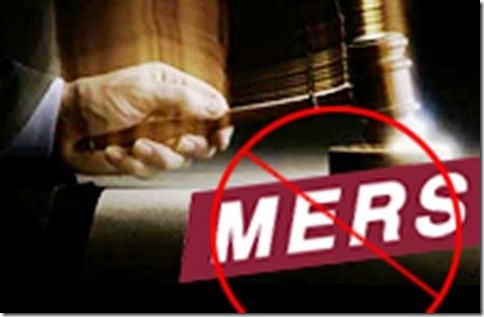 When you file for bankruptcy in Jacksonville, Florida, a certain amount of your personal property is exempt from collection by creditors. Generally, you are allowed to keep $1,000 in personal property, $1,000 in vehicle equity and then either a qualified homestead or $4,000 dollars in additional personal property.
When you file for bankruptcy in Jacksonville, Florida, a certain amount of your personal property is exempt from collection by creditors. Generally, you are allowed to keep $1,000 in personal property, $1,000 in vehicle equity and then either a qualified homestead or $4,000 dollars in additional personal property.
To be a qualified homestead the property must be under 1/2 acre if within a municipality or up to 160 acres if in an unincorporated area. Abutting lots can qualify as long as the land maximums aren’t exceeded.
The value you assign to your property should be the approximate auction value of the property. That is to say, how much do you think you could get for that property at a bankruptcy auction? My bedroom set may have cost $1,200 ten years ago, but it is certainly not worth that today, especially at an auction. Evaluating your property is difficult and can sometimes require professional assistance. What is more important is that you are thorough in creating a complete list of what you own. Omitting valuable property interests by accident can look like an attempt to commit fraud. There are cases in which an appraiser will be sent to your house to evaluate your property. It is rare, but it does happen. You can, of course, pick and choose which property you keep based on it’s value. If you don’t care for an old, but valuable, wedding present you never use, you can list that property but not elect to exempt it, exempting something else instead.
 Jacksonville Bankruptcy Lawyer Blog
Jacksonville Bankruptcy Lawyer Blog










